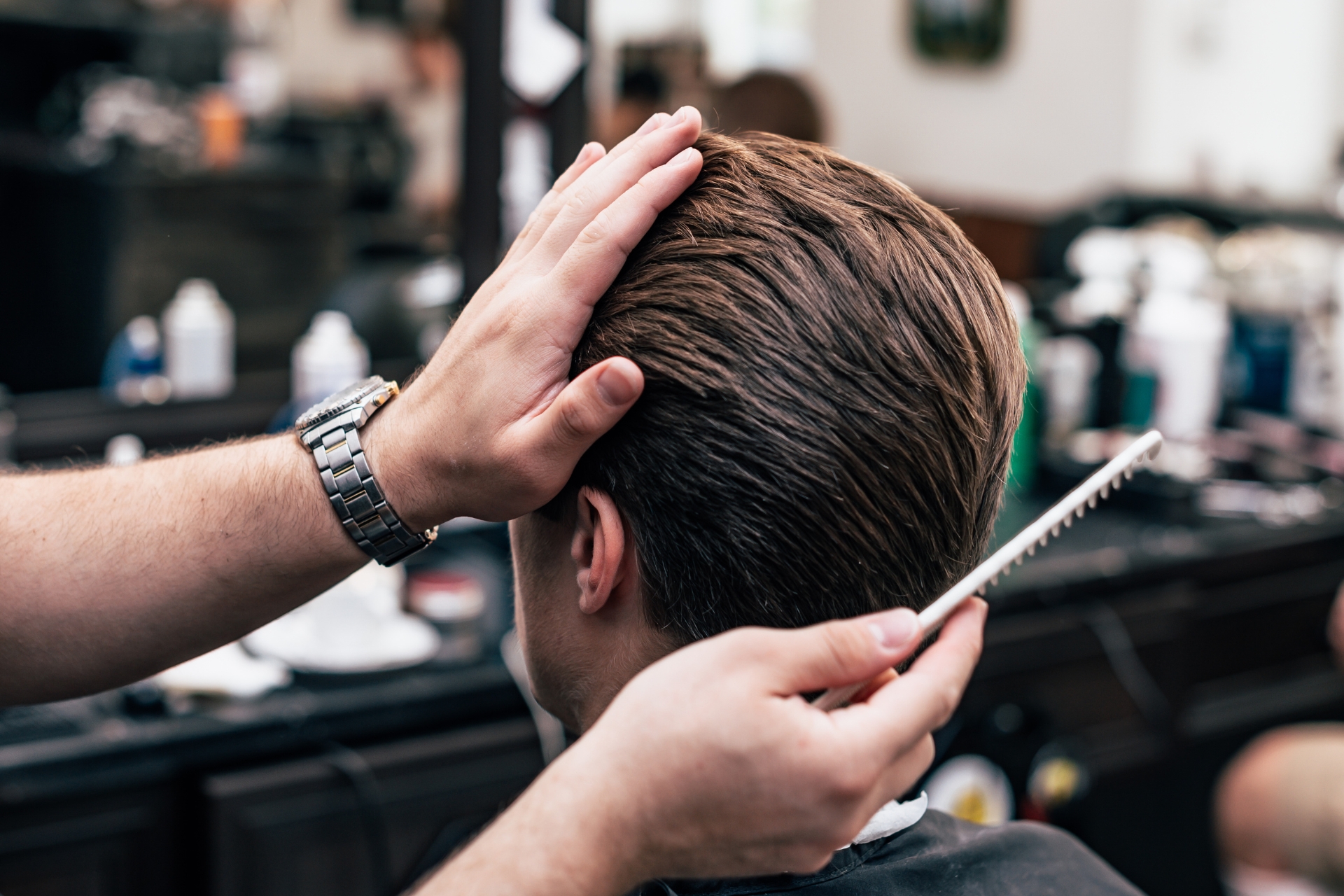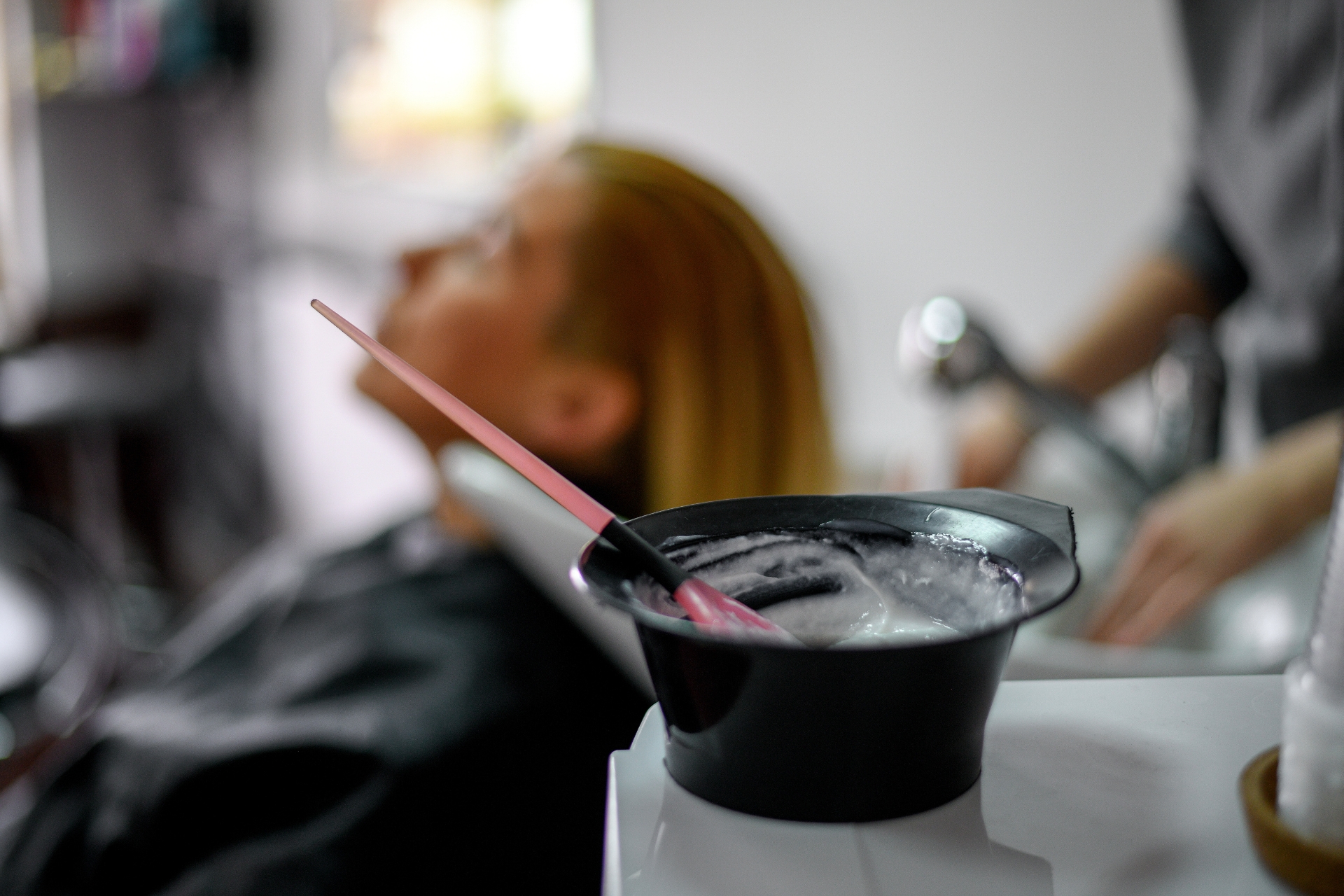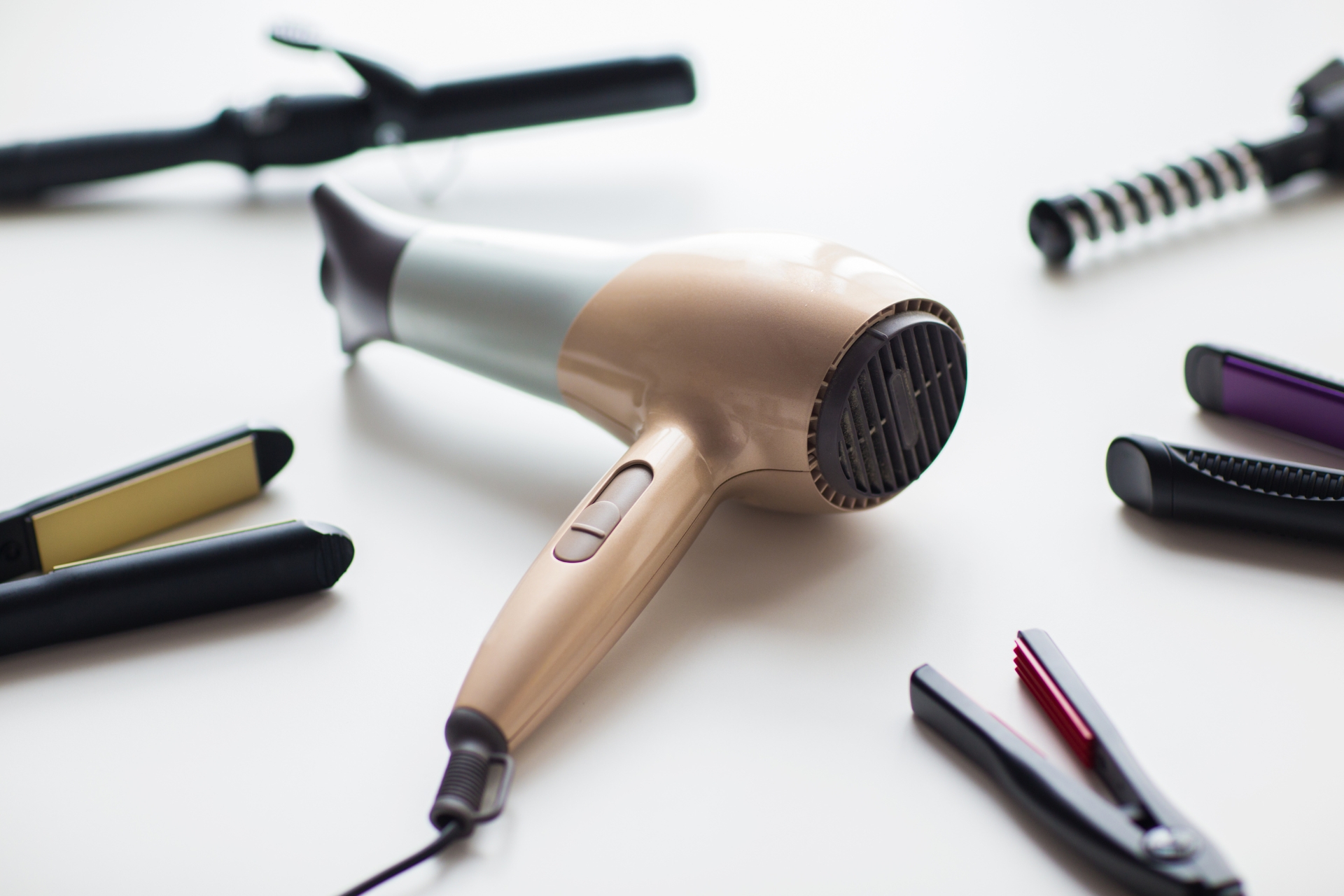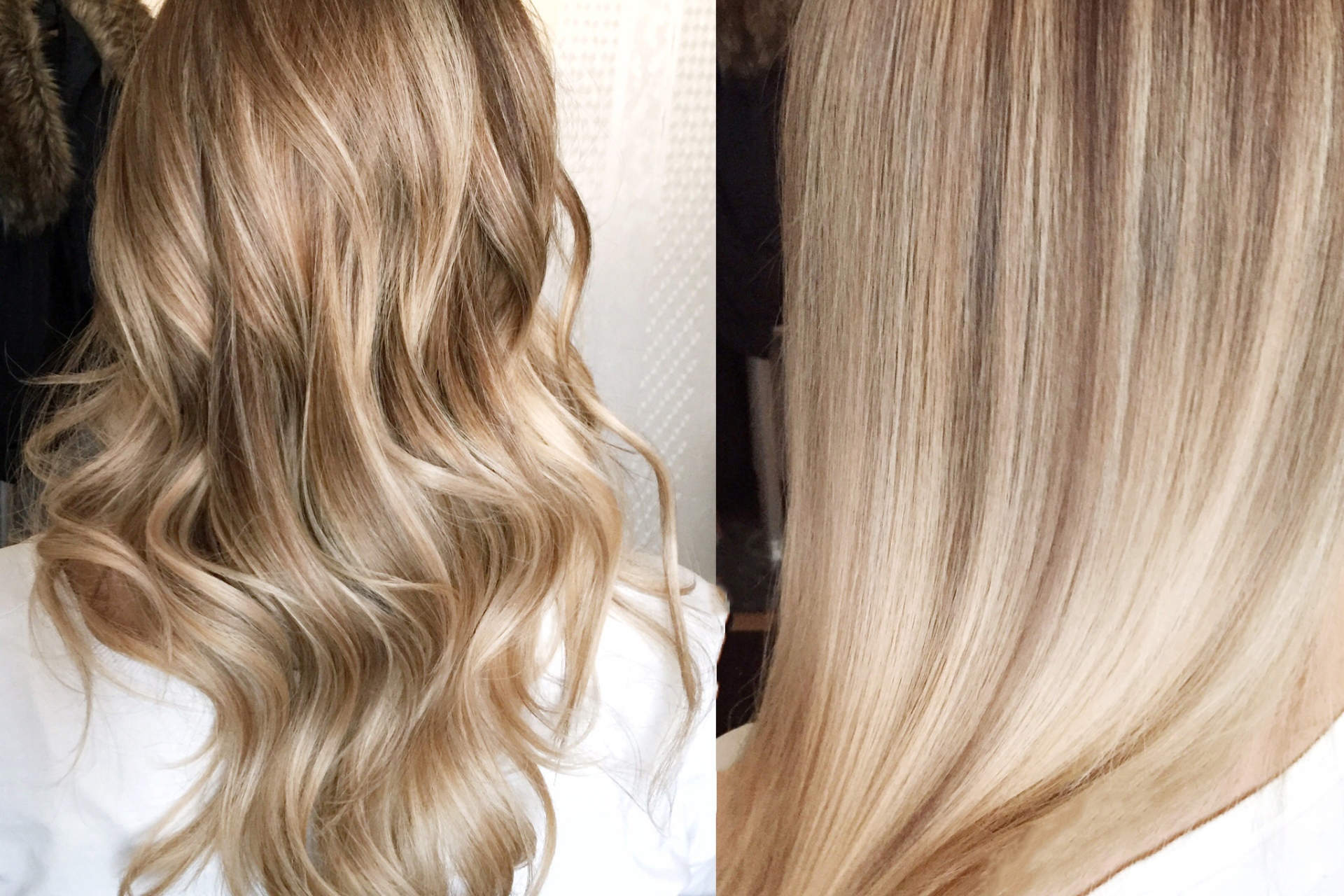

In today’s rapidly evolving beauty industry, personalization has become the gold standard for skincare treatments. Salons and spas are increasingly utilizing advanced technologies to cater to individual client needs. One of the most innovative approaches is the integration of DNA analysis into skincare regimens. This cutting-edge technique allows beauty professionals to provide tailored solutions that consider each client’s unique genetic makeup. Among the leaders in this field is Posh Salon and Spa, a premier destination for personalized beauty treatments. This article delves into how DNA analysis is revolutionizing the way salons and spas approach skincare, enhancing client satisfaction and results.
The concept of using DNA analysis in beauty is rooted in the understanding that our genetic makeup significantly influences how our skin behaves and responds to various products and treatments. From aging processes to sensitivities and even acne predispositions, the nuances of our DNA can provide crucial insights that traditional consultations may overlook. Salons and spas leveraging this technology can now offer more than just generalized skincare advice; they can deliver scientifically-backed recommendations based on an individual’s genetic profile.
The process typically begins with a simple DNA sample, often collected via a cheek swab or saliva sample. This sample is then sent to a laboratory where it undergoes genetic analysis to identify specific markers related to skin health and aging. The analysis can reveal various factors, such as the skin’s ability to repair itself, its susceptibility to environmental damage, and even the effectiveness of specific ingredients for that individual. This detailed information enables beauty professionals to craft bespoke skincare regimens tailored precisely to the client’s genetic blueprint.
One of the most significant benefits of incorporating DNA analysis into skincare treatments is the ability to customize product selections. Many conventional skincare routines rely on a trial-and-error approach, which can be time-consuming and often results in less-than-ideal outcomes. By utilizing insights from DNA analysis, salons and spas can curate product lines that are most likely to benefit the client, enhancing the efficacy of the treatment and ultimately leading to better results.
For instance, clients with a genetic predisposition to dry skin might be recommended products rich in hydrating ingredients, while those with a tendency towards hyperpigmentation could benefit from formulations designed to brighten and even out skin tone. This level of specificity not only improves the effectiveness of the treatments but also fosters a deeper trust between clients and beauty professionals. Clients feel valued and understood, knowing that their unique needs are being addressed rather than receiving a one-size-fits-all solution.
In addition to product customization, DNA analysis allows for tailored treatment plans that can adapt over time. As clients undergo various treatments and use specific products, their skin will evolve. By periodically reassessing their DNA and skin health, salons and spas can adjust treatments accordingly, ensuring that clients continue to receive optimal care. This dynamic approach to skincare helps maintain long-term results and keeps clients engaged and satisfied with their beauty routines.
Moreover, the integration of DNA analysis in beauty treatments aligns with a broader trend towards holistic health and wellness. Clients today are more informed and proactive about their health, seeking treatments that not only enhance their appearance but also support their overall well-being. By combining DNA analysis with personalized beauty treatments, salons and spas are tapping into this desire for a comprehensive approach to skincare that considers the whole person.
The education of beauty professionals is also crucial in this evolving landscape. Salons and spas must invest in training their staff to understand the implications of DNA analysis and how to interpret the results effectively. This knowledge empowers professionals to engage in meaningful conversations with clients about their genetic profiles and the subsequent recommendations. By fostering a culture of education and innovation, establishments like Posh Salon and Spa can ensure that they remain at the forefront of the beauty industry, providing clients with cutting-edge solutions that deliver real results.
The implementation of DNA analysis in salons and spas does raise some considerations regarding privacy and ethical implications. Clients must be assured that their genetic information will be handled with the utmost confidentiality and used solely for enhancing their beauty treatments. Establishments need to establish transparent protocols around data protection, ensuring clients feel safe and secure when sharing their DNA for analysis. Building trust in this aspect is essential for the success of these advanced treatments.
As technology continues to advance, the potential for DNA analysis in the beauty industry will only grow. Future developments may lead to even more sophisticated analyses that can predict not just skincare needs but also hair care, makeup preferences, and more. This could transform the beauty landscape, allowing for an unprecedented level of personalization in every aspect of beauty and wellness.
In conclusion, the integration of DNA analysis into skincare treatments represents a significant leap forward in the quest for personalized beauty. Salons and spas that adopt this innovative approach can provide clients with tailored solutions that address their unique genetic makeup, fostering trust and satisfaction. As the beauty industry evolves, establishments like Posh Salon and Spa will continue to lead the way, ensuring that clients receive the most advanced and effective skincare treatments available. By embracing technology and prioritizing individual client needs, the future of personalized beauty looks bright and promising.







